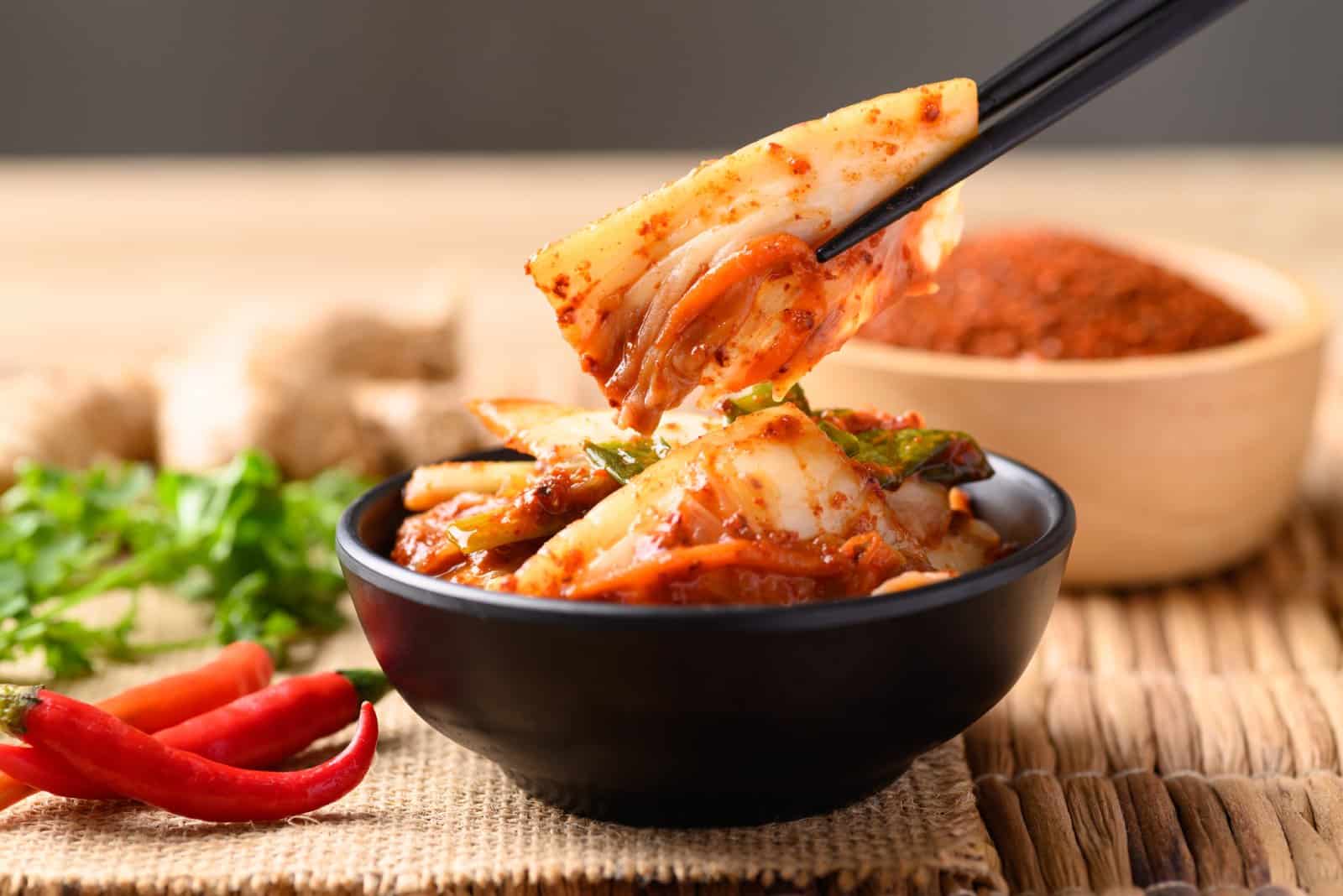After years of buying organic, I started questioning if it was really worth it. Could there be better ways to spend your hard-earned money while still eating healthy? Here’s why I made the switch and why you might want to as well.
1. High Costs

Organic foods often come with a hefty price tag. I realized I was spending significantly more on groceries without seeing a noticeable benefit.
2. Questionable Benefits

The health benefits of organic foods are often overstated. Studies show that the nutritional difference between organic and non-organic foods is minimal.
3. Misleading Labels

Organic labels can be misleading. Just because something is labeled organic doesn’t mean it’s completely free of pesticides or more nutritious.
4. Limited Availability

Finding organic options can be a hassle, especially in less urban areas. I got tired of driving extra miles or visiting multiple stores just to find certain organic products.
5. Better Budget Allocation

I found better ways to allocate my grocery budget. Buying fresh, local produce and cooking from scratch provided more health benefits and cost savings.
6. Environmental Impact

The environmental benefits of organic farming are debated. Some organic farming practices can still be harmful to the environment, making the “organic” label less impactful.
7. Pesticide Residue

While organic foods use fewer pesticides, they are not completely pesticide-free. The differences in pesticide levels between organic and conventional foods are often negligible.
8. Local vs. Organic

Buying local produce can be more beneficial than buying organic. Supporting local farmers reduces your carbon footprint and ensures fresher, seasonal produce.
9. Nutritional Content

Non-organic foods can be just as nutritious. Properly washing and preparing conventional produce can minimize any potential risks.
10. Availability of Alternatives

There are plenty of healthy, non-organic options available. By focusing on a balanced diet rich in fruits and vegetables, I found I didn’t need to rely on the organic label.
11. Food Safety Standards

Conventional foods in the U.S. are subject to strict safety standards. The stringent regulations ensure that non-organic foods are safe to eat.
12. Frozen and Canned Options

Frozen and canned fruits and vegetables can be as nutritious as fresh ones. They are often more affordable and just as healthy, without the organic premium.
13. Economic Support

Supporting conventional farmers can help local economies. Many conventional farmers practice sustainable methods that are equally beneficial.
14. Personal Health Observations

I didn’t notice any difference in my health when switching from organic to conventional. This personal insight was crucial in my decision to stop buying organic.
15. Organic Snacks and Processed Foods

Organic processed foods can still be unhealthy. Just because a snack is labeled organic doesn’t mean it’s nutritious or good for you.
16. Growing Your Own

Growing my own fruits and vegetables became a viable and enjoyable alternative. It’s cost-effective, rewarding, and ensures complete control over what goes into my food.
17. Public Perception

There’s a misconception that organic is always better. Educating myself on the facts helped me make more informed decisions without falling for marketing hype.
18. Taste and Quality

The taste difference between organic and conventional foods is often indistinguishable. Freshness and preparation methods have a much greater impact on flavor.
19. Trust in Science

Relying on scientific research rather than marketing claims guided my choices. Evidence-based decisions about food are more reliable than those based on popular trends.
20. Balance and Moderation

Focusing on a balanced diet and moderation proved more beneficial. Prioritizing variety and nutrient density made more sense than chasing the organic label.
21. Financial Freedom

Switching to conventional foods freed up funds for other healthy lifestyle choices. I could invest in fitness, travel, and other enriching experiences without feeling guilty.
Is Organic Really Worth It?

After weighing the costs and benefits, I found that the organic label didn’t justify the extra expense. Are you ready to rethink your grocery shopping habits and make more informed choices?
Timeless Taste: 20 Boomer Superfoods That Are Making a Comeback

Discover the forgotten superfoods of the boomer generation! From liver to sardines, these nutritional powerhouses are making a comeback. Join us as we rediscover these classic ingredients and their health benefits. Let’s dive into the world of boomer superfoods together! Timeless Taste: 20 Boomer Superfoods That Are Making a Comeback
21 Everyday Grocery Items That Are Loaded With Chemicals

Grocery shopping can seem like a science experiment, with many products packed with artificial additives instead of nutrients. While convenient and tempting, have you considered what’s really in these items? 21 Everyday Grocery Items That Are Loaded With Chemicals
18 Must-Eat Foods for a Longer Life

In the quest for a longer life, certain foods can make a big difference. From everyday staples to exotic finds, these options span various budgets and might surprise you. Who knew the secret to longevity could be right in your pantry or at the grocery store? 18 Must-Eat Foods for a Longer Life
22 Cheap Foods Only Americans Love

In America, where creativity knows no bounds in the kitchen, some foods are both cheap and uniquely American, raising eyebrows in curiosity. Let’s explore these budget-friendly eats that have become staples in the American diet, for better or worse. 22 Cheap Foods Only Americans Love
20 Places Where You Can Enjoy an Old-Fashioned Life

Escape to places where time stands still and tradition thrives! From cozy American towns to serene countryside getaways worldwide, these destinations offer a break from the chaos of modern life. Whether you’re seeking a simpler lifestyle or a nostalgic retreat, these spots promise affordability and undeniable charm. 20 Places Where You Can Enjoy an Old-Fashioned Life
The post Organic No More: Why I Quit, and Why You Should Consider Doing the Same first appeared on elpasoNY.com.
Featured Image Credit: Shutterstock / PeopleImages.com – Yuri A.
For transparency, this content was partly developed with AI assistance and carefully curated by an experienced editor to be informative and ensure accuracy.

